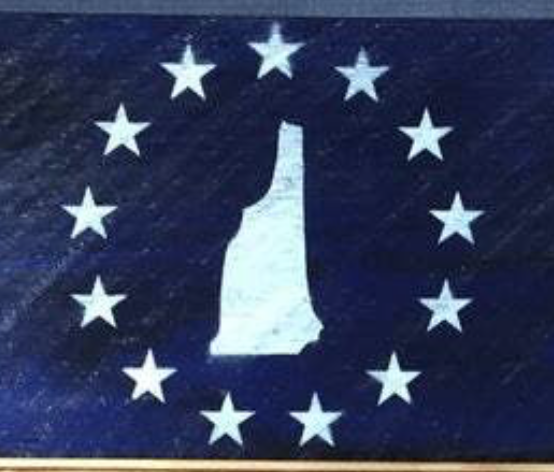New Hampshire’s first-in-the-nation presidential primary and media landscape take center stage in this episode of Up to Speed from NHJournal! Host Michael Graham sits down with Joe McQuaid, legendary editor of the Union Leader, to unpack the Granite State’s political and civic life.
From iconic moments like President Ronald Reagan’s “I am paying for this microphone” to the controversial 2024 primary cancellation, they dive into what makes New Hampshire’s voters and media unique.
How has the internet reshaped journalism? Why do candidates still need to “kick the tires” with Granite Staters? Give us 27 minutes, and you’ll be Up To Speed! Sponsored by Legislative Solutions.
A few highlights:
How did you become the editor of the Union Leader?
Well, ask my grandfather. I never met him. He died long before I was born. But he was a newspaperman — first in Manchester and then in Boston, and then in New York for Hearst. And my dad came home after being a war correspondent in World War II and co-founded the (New Hampshire) Sunday News, an independent paper at the time.
His co-founder was a guy who was as liberal as they come. His name was Blair Clark. He later became vice president of CBS News when Kennedy was in the White House, and then he was the editor of The Nation…
My father came home one day and said, ‘You’re going to be the Saturday night office boy at the paper. I was 15 and I kept the Peter Principle in operating condition. I was the office boy. I was a sports reporter. I became a general assignment reporter and photographer, and eventually covered some presidential politics.
What was the first presidential race you remember paying attention to?
I remember parts of Jack Kennedy’s campaign in 1960. He famously came to Manchester at a big rally in a park on Amherst Street. And he said — I’m paraphrasing — “If there is a worse newspaper and a worse publisher anywhere in the United States than the Union Leader and William Loeb, I can’t think of them right now.”
The crowd goes wild. (The press) calls Loeb for his reaction to this. And he says, “If a guy like that gets upset with a little old newspaper publisher, I wouldn’t want him in the White House with his hand on the nuclear button.”
Twelve years after JFK went to the White House, based in part on standing up to a little old publisher in New Hampshire, a guy named (U.S. Sen. Edmund) Muskie pulled his flatbed trailer in front of the Union Leader on a snowy Saturday, railing at Loeb. ‘Come out of there!’
Loeb didn’t live in the state, and certainly wasn’t going to be there on Saturday. But I think Muskie was trying to duplicate what Kennedy had done. Only he got upset. And he either wept or he didn’t weep. But I told my reporter to call William Loeb to get his reaction. The reporter was too scared to call him, so I called William and I told him what (Muskie) had said.
I didn’t know the background with Kennedy at the time. And Loeb said, “A guy gets upset with what a little newspaper publisher thinks, I wouldn’t want him in the White House.” It was rinse and repeat.






